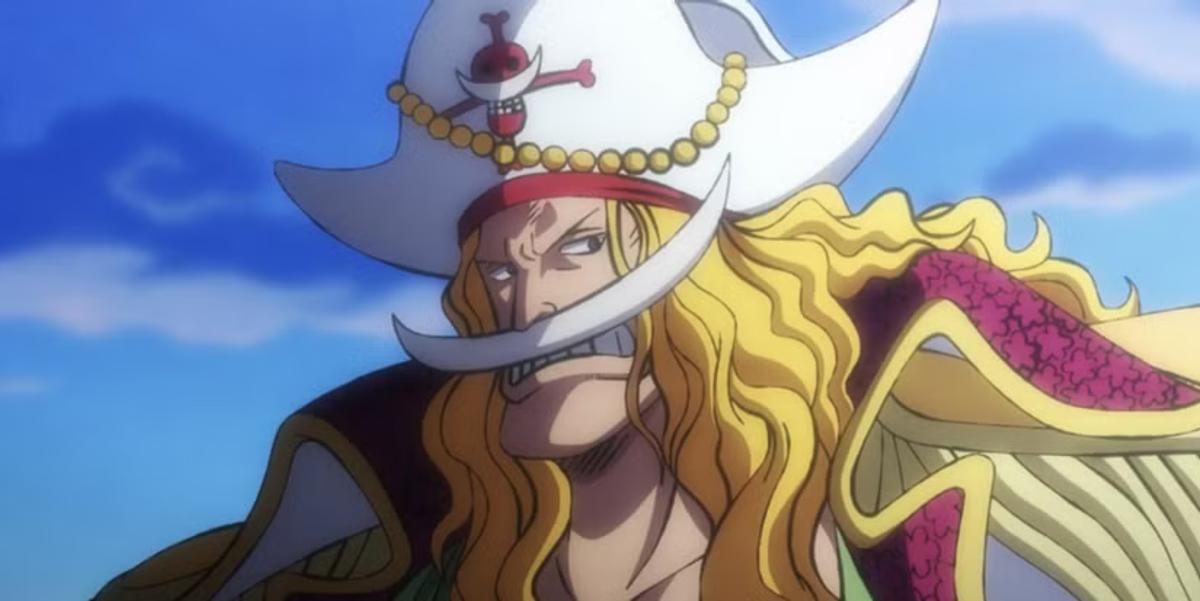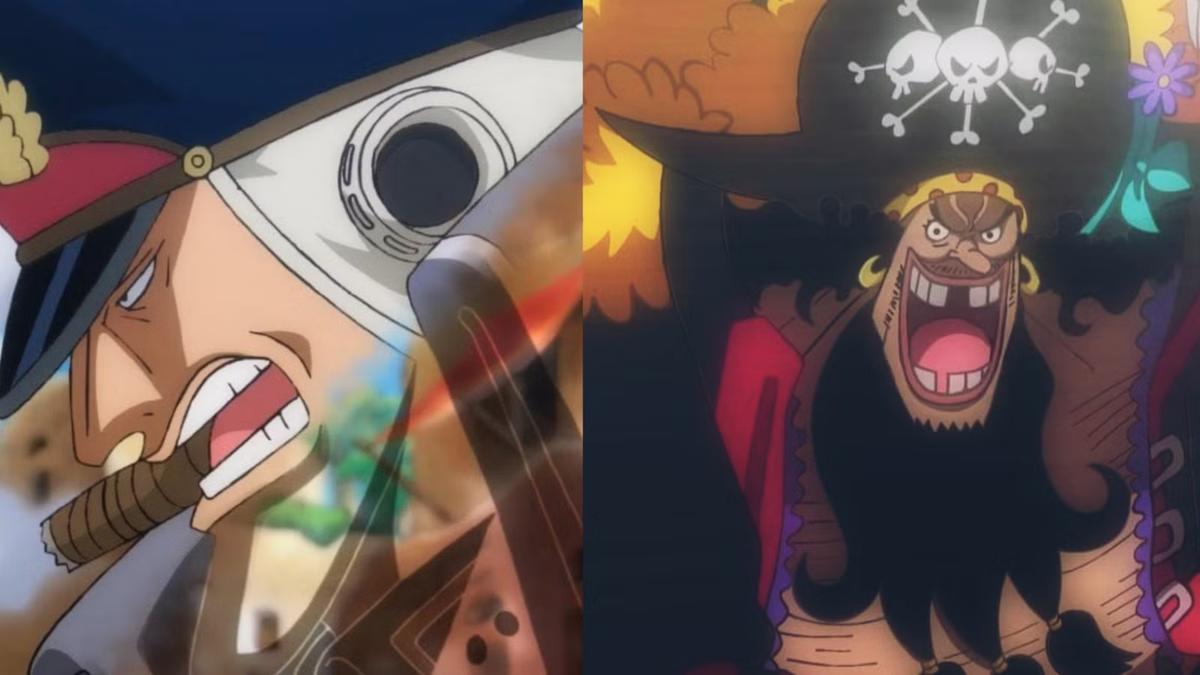The God Valley Incident has captivated the One Piece fandom like few storylines ever have. Eiichiro Oda’s long-awaited exploration of this mysterious historical event has united some of the most legendary names in the series — Rocks D. Xebec, Gol D. Roger, Monkey D. Garp, and even the elusive Imu. More than a flashback, it feels like a full-fledged historical epic, peeling back the layers of the world’s hidden truths and the power struggles that forged the modern era of piracy. Fans are now learning not only how the Rocks Pirates fell but also the complex relationships among their members — including Whitebeard’s surprising loyalty to Rocks himself.
As new revelations surface, one burning question echoes across the fandom: If Whitebeard was truly loyal to Rocks, then why did his own apprentice, Blackbeard, end up being the one to kill him?
The Paradox of Loyalty and Betrayal

Whitebeard, known for his fierce sense of family and honor, was one of the few pirates in the Rocks crew who valued camaraderie over chaos. Oda’s depiction of a younger Edward Newgate in the God Valley Arc has revealed a man who, despite serving under the tyrannical Rocks D. Xebec, still sought connection and meaning within the pirate world. His loyalty to Rocks wasn’t blind obedience — it was born from respect for strength and vision, the same traits that would later define his own crew.
Fast forward to Marineford, and the tragedy becomes clear. Blackbeard, who once served under Whitebeard, destroyed everything that loyalty stood for. His betrayal was not just a physical act of killing his former captain but a symbolic rejection of Whitebeard’s ideals — the same ideals that made the old pirate stand apart from the ambition-driven Rocks Pirates. In a poetic sense, Blackbeard killing Whitebeard was history repeating itself: another ambitious pirate rising by cutting down his own mentor, just as Rocks’ own crew once fractured from within.
A Reflection of Cycles and Legacy

Many fans see this parallel as Oda’s commentary on the unending cycle of piracy — where dreams, betrayals, and legacies intertwine. Just as Rocks’ downfall birthed a new age of pirates, Whitebeard’s death paved the way for the “Age of Blackbeard.” The contrast between Whitebeard’s sense of loyalty and Blackbeard’s hunger for power mirrors the generational conflict that has always defined One Piece’s world.
The God Valley Arc, through its intricate storytelling, invites readers to reexamine these moral contrasts. Was Whitebeard’s loyalty a sign of strength — or a fatal flaw in a world built on betrayal? And in killing his former captain, did Blackbeard simply prove himself the ultimate heir to the ruthless spirit of Rocks D. Xebec?
As the arc continues, Oda seems to be weaving a haunting truth: every era of piracy is born from the ashes of the last. Whitebeard may have inherited Rocks’ legacy, but Blackbeard inherited his darkness.







